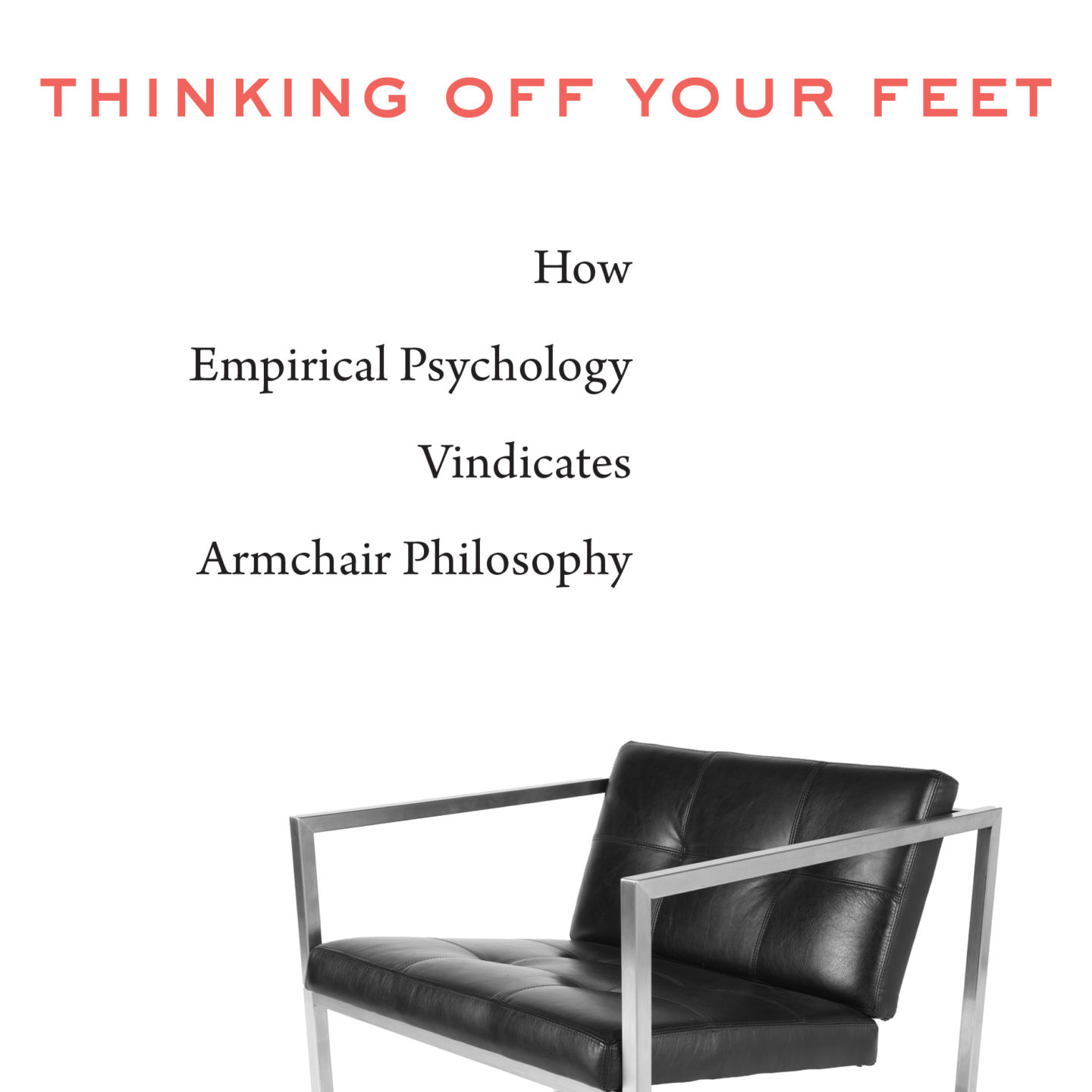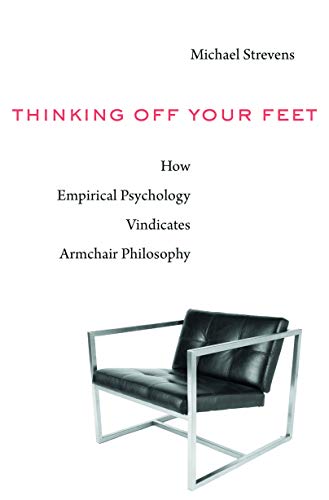We are grateful to Majid Davoody Beni for blogging this week on Cognitive Structural Realism: A Radical Solution to the Problem of Scientific Representation (Springer, 2019). To view all of Majid’s post on a single page, please click here.
2. A Tale of Two Theories
Previously I introduced the problem of scientific representation and remarked that Cognitive Structural Realism (CSR) aims to address it. CSR is (evidently) a version of SR, but it is also the inheritor of Ronald Giere and colleagues’ Cognitive Models of Science Approach (CMSA). In this post, I explain how CSR …




